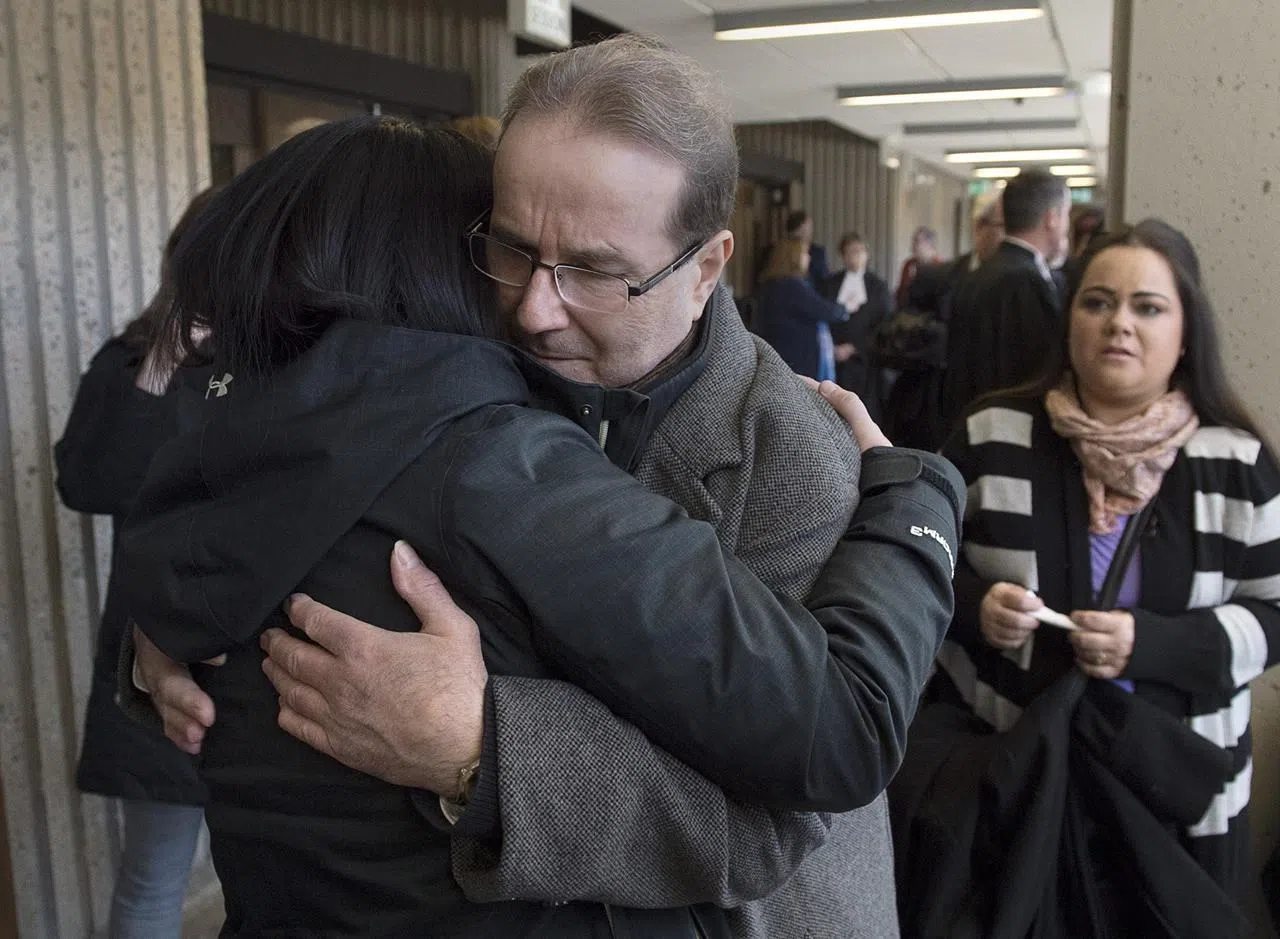
Wrongfully convicted man’s case sat on Wilson-Raybould’s desk for months
OTTAWA — Glen Assoun’s lawyer says the wrongfully convicted Halifax man suffered “every single day” as he waited to be exonerated for a murder he didn’t commit — a wait that was prolonged for months as his case sat on former justice minister Jody Wilson-Raybould’s desk.
David Lametti issued an order for a new trial on Feb. 28, just seven weeks after taking over as justice minister. The following day — after a five-minute new trial in which the prosecution presented no evidence — Assoun was a free man.
He had spent almost 17 years in prison and another four and a half years under strict parole conditions after being convicted of the brutal 1998 murder of his ex-girlfriend, Brenda Way.
Sean MacDonald — one of the lawyers for Innocence Canada, a non-profit organization dedicated to exonerating the wrongfully convicted and which spent years trying to prove Assoun’s innocence — declined to specifically discuss Wilson-Raybould’s handling of the case.


